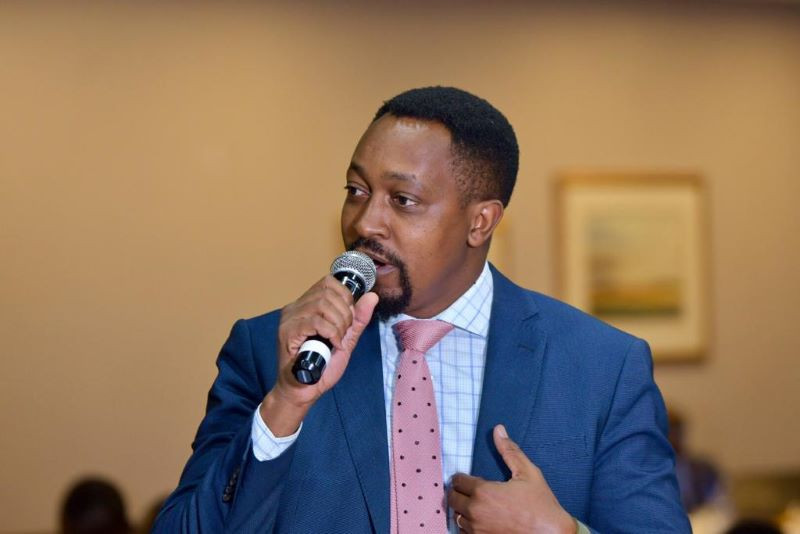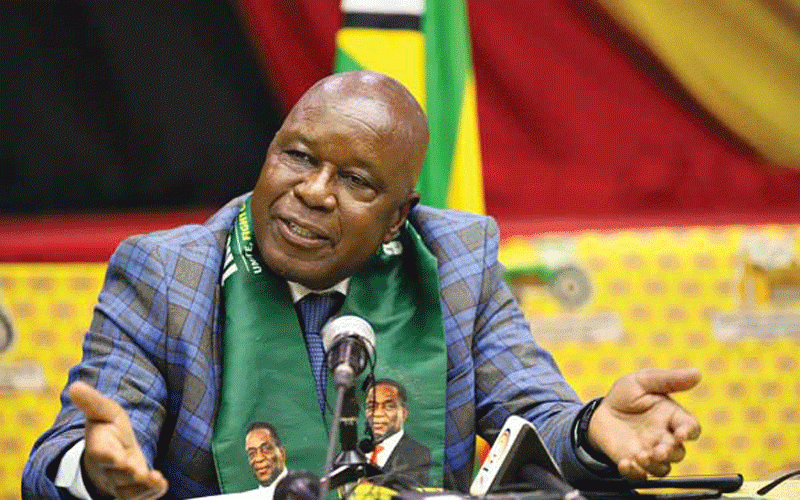
PLEASE do not say you were not aware that the world produces enough food to feed all human beings on Earth, while nearly double the combined European Union’s population go to bed hungry … every single night.
And please do not pretend you did not know that 20% of all humans — those who live in the wealthiest countries — waste about 35% of the food they buy, throwing it out as garbage.
Poverty, armed conflicts and corruption are also to be blamed in poor countries for wasting food — although in a much lesser volume — due to the lack of adequate stocking infrastructure.
In short, every year, 570 million tonnes of food are wasted at the household level, according to the UN Environment Programme (UNEP)’s Food Waste Index Report 2021 report.
This amount of wasted food is sufficient to feed the millions of hungry people.
Moreover, global food waste accounts for 8–10% of greenhouse gas emissions, UNEP warns.
Meanwhile, the intensive agriculture industries dump in lands and seas huge amounts of food either because they are “ugly” —therefore, not nice enough to be marketable — or to keep their prices as most profitable as possible.
Food waste accelerates the triple planetary crisis of climate change, nature and biodiversity loss, and pollution, according to the world’s environmental body.
- Chamisa under fire over US$120K donation
- Mavhunga puts DeMbare into Chibuku quarterfinals
- Pension funds bet on Cabora Bassa oilfields
- Councils defy govt fire tender directive
Keep Reading
Just take the case of a vast continent like Africa — 54 countries home to 1,4 billion humans — causes a negligible 2% to 3% of all global greenhouse emissions, however, it falls victim to more than 80% of the world’s climate catastrophes.
All the above, and other innumerable consequences, have a common name: inequality.
Inequality is not just about a morality issue: inequality kills one person … every four seconds.
Add to all the above the fact that as the COVID-19 pandemic devastates the poor, the world’s 10 richest have multiplied their wealth into trillions.
The numbers are unbelievably staggering: the world’s 10 richest men more than doubled their fortunes from US$700 billion to US$1,5 trillion — at a rate of US$15 000 per second or US$1,3 billion a day.
These phenomenal changes in fortunes took place during the first two years of a COVID-19 pandemic that has seen the incomes of 99% of humanity fall, and over 160 million more people forced into poverty — 60 million more than the figures released by the World Bank in 2020.Baher Kamal
Socialisation a catalyst for youth voter apathy
YOUNG people have been socialised to not participate in political issues due to the toxic and violent nature of the trade.
The issue of voter apathy and the young generation comes from socialisation.
We have been socialised in such a way that every time we look at the political sphere where we are, we never really get to achieve the change that we desire or any form of incorporation.
Even when walking in the streets, the elders tell us that we are young, so the encryption of that message is that it doesn’t really matter even if young people, don’t go to vote when election time comes.
So we move on with our lives. Young people have adapted to that kind of messaging of saying it does not really matter whether we participate or do not.
Priority should be given to messaging that encourages youths to register to vote.
Firstly, you are dealing with the narrative that I was told when I was two years old. Those are the stereotypes that you are trying to break.
While civil society organisations mobilise certain youths and have champions on these political issues, who will go out, for me, it will be at a university where I learn and have conversations to break down stereotypes.
There are a lot of myths and misconceptions around who can take part in development issues and why voting has never worked for so many generations.
If a role model in your life says this thing has never worked before, definitely that is going to sink in and new potential voters will not show appetite to register to vote.
It is very important to have incentives for young people and have influencers being the drivers of the messages.Centre for Innovation and Technology
Zaka community launches peace campaign ahead of 2023 elections
IN a bid to ensure that peace prevails ahead of the 2023 elections, a community peace club (CPC) established by communities working in Zaka district has embarked on a campaign to help the community uphold peace and tolerance.
This came out during a National Peace and Reconciliation Commission (NPRC) awareness raising meeting in Zaka organised by the CPC on May 16, 2022.
The objectives of the meeting were to conscientise communities on the work of the NPRC and create referral pathways for the community to submit reports to the commission.
The NPRC is one of the independent commissions supporting democracy established under Chapter 12 of the Constitution with the mandate of ensuring post-conflict justice, healing and reconciliation.
The meeting was attended by several traditional leaders and 50 community members.
The meeting was also attended by NPRC provincial committee member for Masvingo province, Joyce Mhungu.
Reluctance by the NPRC to address key reconciliation issues such as the 2008 elections has left participants with no option, but to rally the community for peaceful co-existence ahead of the 2023 plebiscite.
Over the years, through the facilitation of Heal Zimbabwe, communities have participated in consultative meetings conducted by the NPRC and they have clearly spelt out how they wanted the 2008 violence addressed.
To date, no engagement with perpetrators and survivors of such violence has been done.
This leaves them with no option, but to play a role within their community to build peace ahead of the elections.
They feel they are on their own and that the NPRC has failed to fulfil its mandate.
Other issues that came out during the meeting include challenges associated with accessing documents such as birth certificates and identify documents.
Participants noted that while it was commendable for the Civil Registry Department to embark on a blitz, some conditions for communities to access documents remained restrictive.
There is need for the community to continue submitting reports to the commission for redress.
The meetings by Heal Zimbabwe are part of efforts to empower local communities to help safeguard against human rights abuse and also help build peaceful communities.
Heal Zimbabwe utilises various strategies to address conflicts in local communities.
One of these ways is the use of community dialogues, an initiative for communities to discuss and collectively identify ways through which they can proffer solutions to problems in their communities.
Such platforms also facilitate local level conversations on pertinent issues affecting communities as well as create socially-cohesive communities.Heal Zimbabwe











